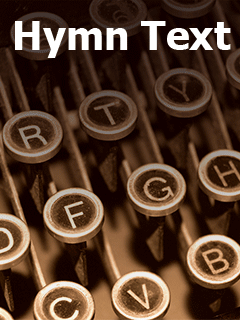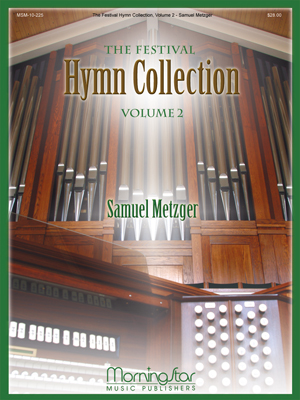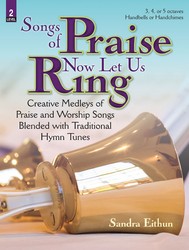Singing the New Testament #62
Display Title: Baited, the Question Rose First Line: Baited, the question rose Tune Title: DIADEMATA Author: Carl P. Daw, Jr. Meter: 6.6.8.6 D Scripture: Matthew 22:15-22; Mark 12:13-17; Luke 20:20-26 Date: 2008 Subject: Dedication/Commitment | ; Thanksgiving and Gratitude |
Singing the New Testament #62


 My Starred Hymns
My Starred Hymns







